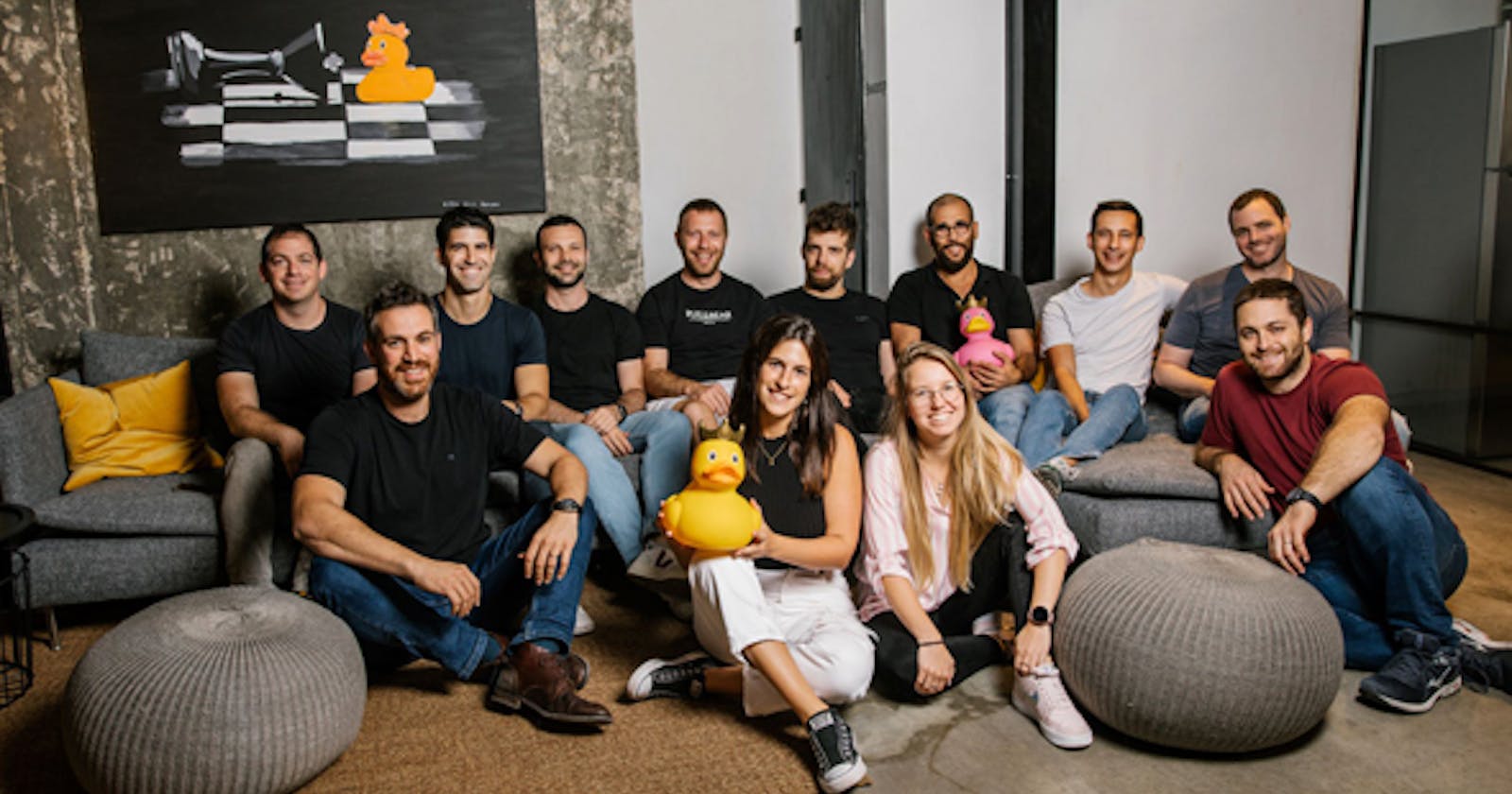The global shift to digitalization has given birth to many innovative digital start-ups around the world, paving the way for new ideas and concepts. The world has reached a point where practically every other company is attempting to incorporate AI/ML into their products, but they must first overcome numerous challenges. Before the digital shift, there was a manageable amount of data with few models to deal with.
However, businesses are now incorporating automation in a wide range of applications, which brings with it several technical issues, including moving to the cloud, creating and managing ML pipelines, and scaling.
MLOps (Machine Learning Operations) is a set of practices that makes deploying Machine Learning models easier by allowing data scientists and operations professionals to collaborate and communicate. These systems improve the quality of Machine Learning and Deep Learning models, simplify the management process, and automate their deployment in large-scale production systems.
Qwak is one such company that is capitalizing on the burgeoning MLOps field. Qwak, a 2021 Israeli start-up, makes Machine Learning integration easier by reducing data science and engineering friction and enabling faster iterations, scalability, and customizable infrastructure. With its ML Engineering Platform, Qwak makes it easier to deploy and integrate Machine Learning at scale, allowing data science and ML engineering teams to unlock the full potential of Machine Learning.
With simply one line of code, teams can quickly onboard their models. Moreover, regardless of how their machine learning models were generated, implemented, or hosted, team members may monitor, evaluate, and manage them. Everyone can see the model, which includes metrics, performance, expenses, and versions, from the infrastructure to the business outcomes.
According to Deloitte, the programming market has seen massive expansion as a result of many business sectors embracing digitalization and remote working. The MLOPs market is predicted to reach $4 billion by 2025. Qwak’s Machine Learning engineering platform, which automates MLOPs operations and allows organizations to maintain models in real-time, has been successfully commercialized. The company is rapidly growing, having recently entered the United States and plans to expand in Europe as well.
There are other MLOps platforms such as Databricks and Neptune that are gaining traction. Databricks provides a reliable and scalable platform for data pipelines, data lakes, and data platforms and combines data warehouses and data lakes to provide an open, unified data platform with the use of AI technology.
Databrick’s platform unifies the current data stack by removing the data silos that previously divided and complicated data engineering, analytics, business intelligence, data science, and Machine Learning integration. Based on open source and open standards to optimize flexibility while also providing security and governance, Databricks is allowing businesses to operate more efficiently and innovate more quickly. In Machine Learning projects, Neptune supports experiment tracking, which is the process of saving all experiment-related information for each experiment.
Neptune is a centralized metadata store that can be used by any MLOPs workflow and includes the tracking and versioning capabilities of Notebooks, allowing users to keep track of, visualize, and compare thousands of Machine Learning models all in one place and it is designed to facilitate collaboration.
Although there are many emerging MLOps platforms, Qwak is quickly becoming a go-to tool for ML production because it streamlines the ML model's life cycle as an end-to-end platform by managing all model versions, serving real-time, and storing the model's data while supporting automation. With industry dynamics continuing to be promising, Qwak seems well-positioned to grow in the next decade.
